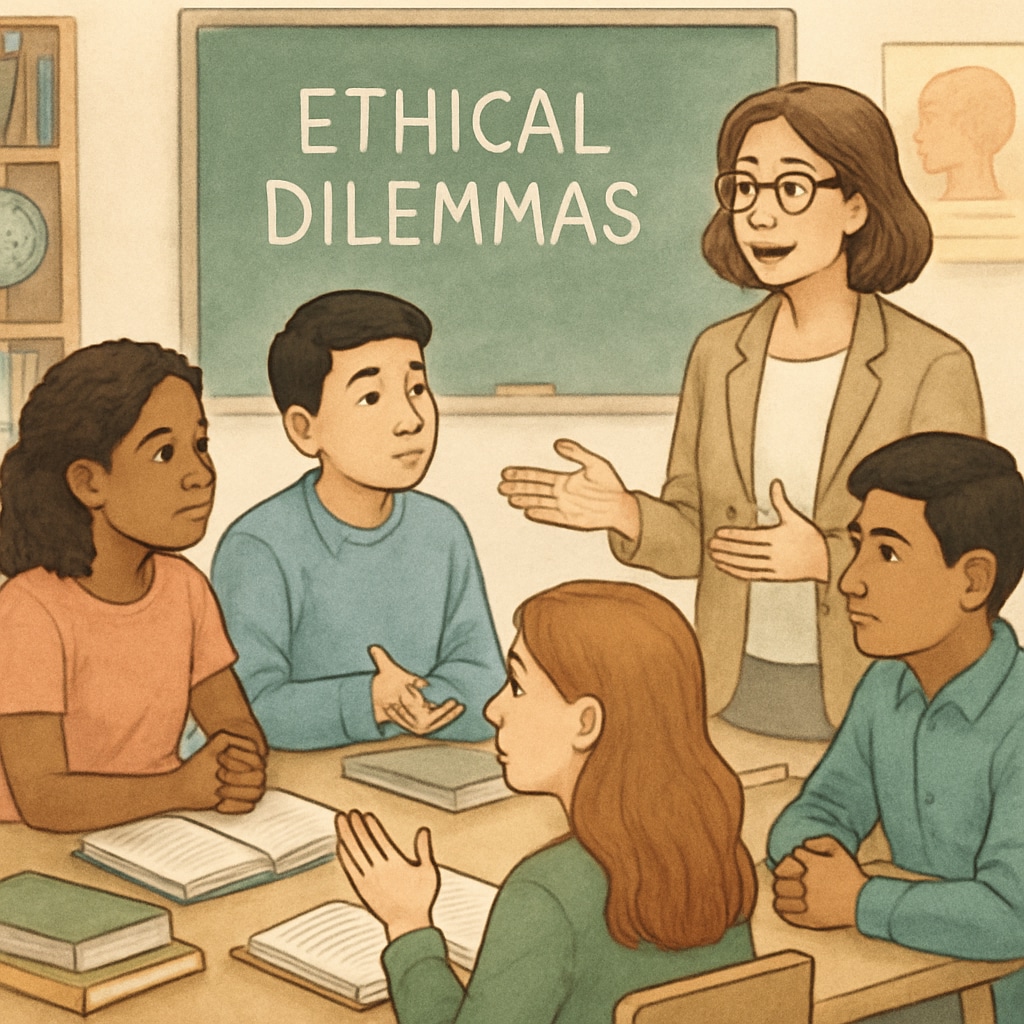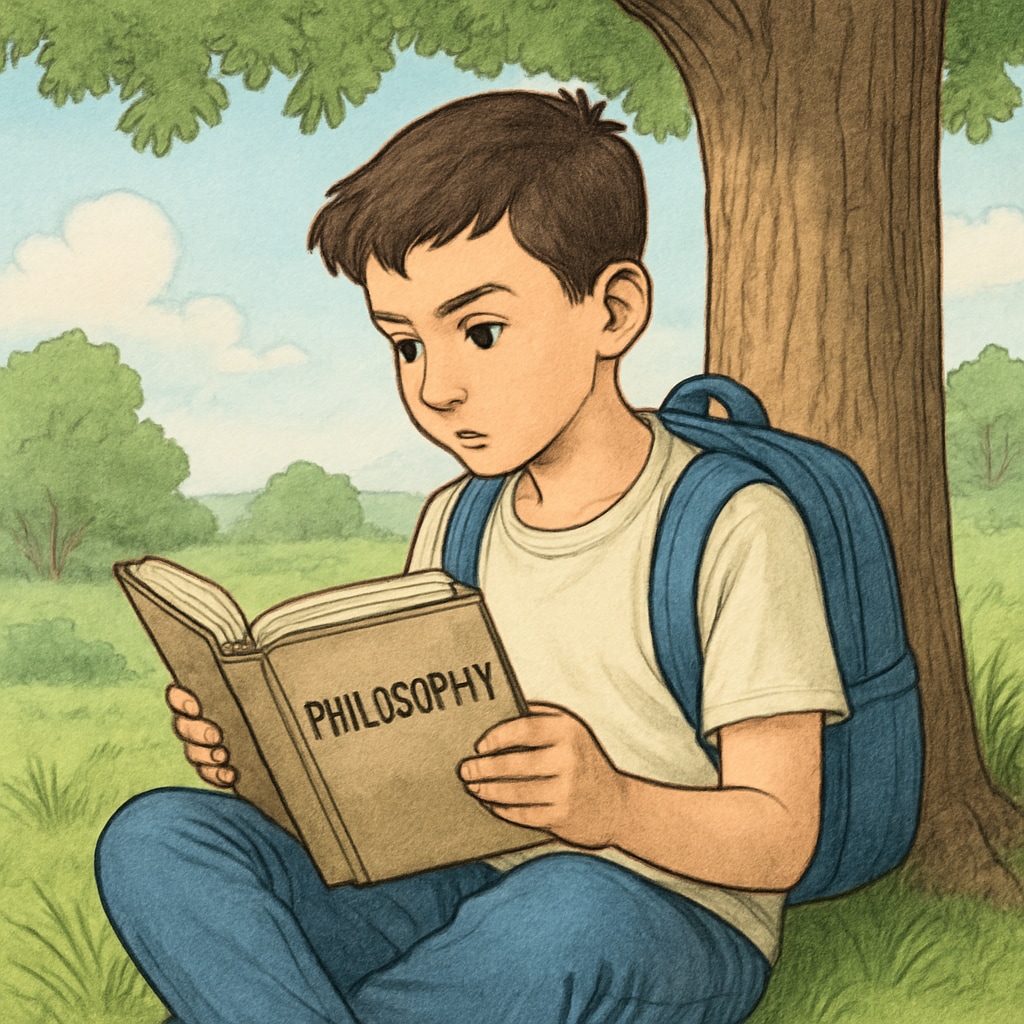Psychology, philosophy, and amateur learning can significantly enhance a student’s critical thinking and self-awareness. Introducing these disciplines at the K12 stage allows children and teenagers to develop a deeper understanding of human behavior, societal structures, and their own thought processes. In this article, we will explore beginner-friendly resources and practical methods to integrate psychology and philosophy into K12 education.
Why Teach Psychology and Philosophy at a Young Age?
Psychology helps students understand human emotions, motivation, and behavior, while philosophy encourages questioning, reasoning, and ethical thinking. Combined, these fields provide tools for critical analysis and self-reflection. For instance, learning about cognitive biases can help students make better decisions, and studying ethical dilemmas can improve their moral reasoning.
Moreover, introducing these subjects early allows students to navigate complex social and personal issues with greater ease. For example, the concept of “growth mindset” from psychology encourages resilience, while philosophical debates on “justice” or “free will” stimulate intellectual curiosity.

Beginner-Friendly Resources for Psychology
For those new to psychology, starting with accessible and engaging materials is key. Below are some recommendations for K12 students:
- Books: “The Psychology Book” by DK is an excellent visual guide, while “Emotional Intelligence 2.0” by Travis Bradberry offers practical tips for self-awareness.
- Websites: Simply Psychology provides easy-to-understand articles on various topics like memory, learning, and personality.
- Apps: Apps like “Moodpath” or “Headspace” introduce psychological concepts through mindfulness and mental health exercises.
Beginner-Friendly Resources for Philosophy
Philosophy may seem abstract, but there are many resources tailored to young learners:
- Books: “The Philosophy Book” by DK is a great starting point, and “Sophie’s World” by Jostein Gaarder introduces philosophical concepts through storytelling.
- Podcasts: “Philosophy Bites” offers short episodes on various philosophical topics, making it accessible to beginners.
- Websites: Stanford Encyclopedia of Philosophy provides in-depth but beginner-friendly entries on many philosophical topics.

Practical Tips for Amateur Learners
Integrating psychology and philosophy into daily life can be simple and enjoyable. Here’s how amateur learners can get started:
- Start Small: Dedicate 15 minutes a day to reading or listening to a podcast on a chosen topic.
- Engage in Discussions: Join a school club or online community to discuss ideas and learn from others.
- Apply Concepts: Use what you learn in daily life, such as practicing mindfulness techniques or pondering philosophical questions.
By taking these small steps, even beginners can make meaningful progress in understanding these profound fields.
Conclusion
Psychology, philosophy, and amateur learning not only enhance academic skills but also foster personal growth and self-awareness. With the right resources and an open mind, anyone can begin their journey into these fascinating disciplines. Start today, and you may soon discover new ways of thinking that transform how you view yourself and the world around you.
Readability guidance: Short paragraphs, clear lists, and practical tips ensure this article is accessible to readers. External links provide authoritative references, while images complement the content’s educational theme.


